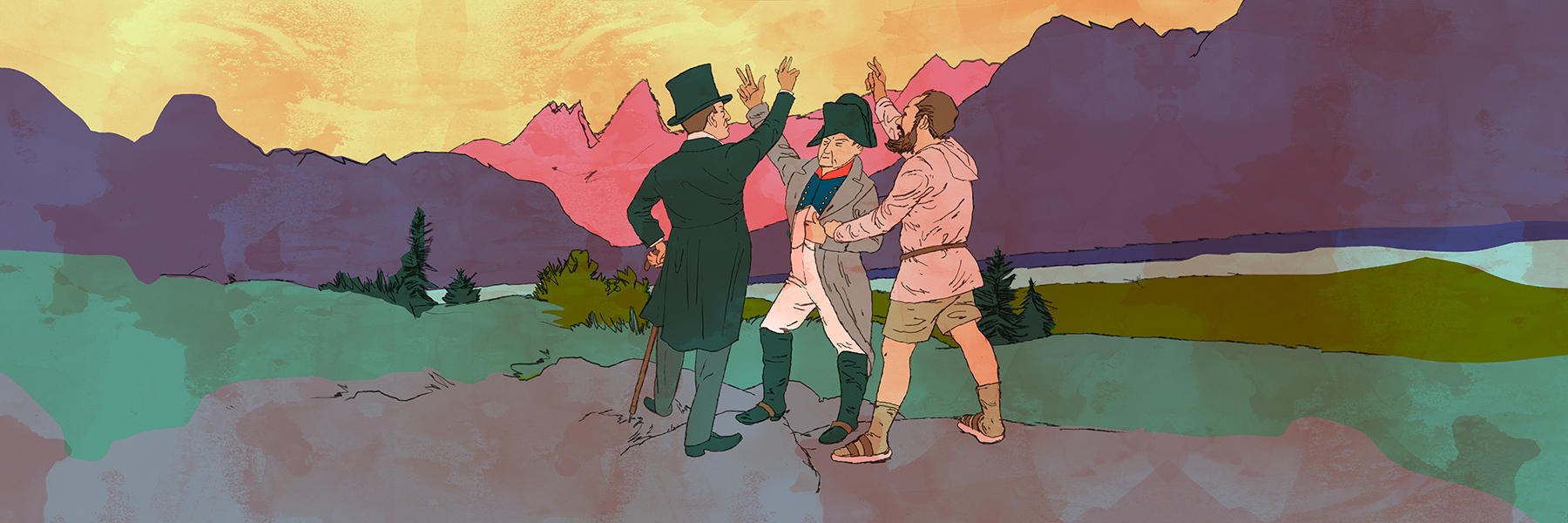
How Switzerland became Switzerland: the main chapters of the country’s history up to 1848
1848 saw the creation of the Swiss federal state and a unique democratic island in the sea of monarchist Europe. However, “Switzerland” as such already existed. This article takes a closer look at the conflicts and developments that have shaped the federal state since its legendary foundation in 1291.
Switzerland’s history prior to becoming a democratic state in 1848 is hardly known beyond its borders. This is partially because it largely developed along different lines and routes than its neighbours.

More
Timeline
The history can be divided into two major periods: before and after 1848, the year when the loose confederacy of cantons or “small states” became a federal state. But when exactly did this confederation begin to take shape? The period prior to the foundation of the federal state can be roughly divided into five developmental eras.
Confederacy of the unprotected:
1200 to 1400
For a long time, the year 1307 – when the Austrian bailiffs were expelled from Switzerland – was considered the time it all began. This is why this date can still be seen on the base of the Wilhelm Tell monument in Altdorf.
However, at the end of the 19th century, the Swiss made a conscious decision to refer to the year 1291 as the start of the democratic process. The political assassin Tell was just not suitable as a symbol for the new state. A treaty of alliance such as the Federal Charter, which was signed by aristocratic representatives of the three founding cantons in central Switzerland at the beginning of August 1291, was a much better option.
In this document, the founding cantons promised to support each other militarily and economically. Today, the significance of this date is disputed among Swiss historians. Even though it has symbolic importance, nothing special actually happened. Countless federal letters were signed before and after this date.
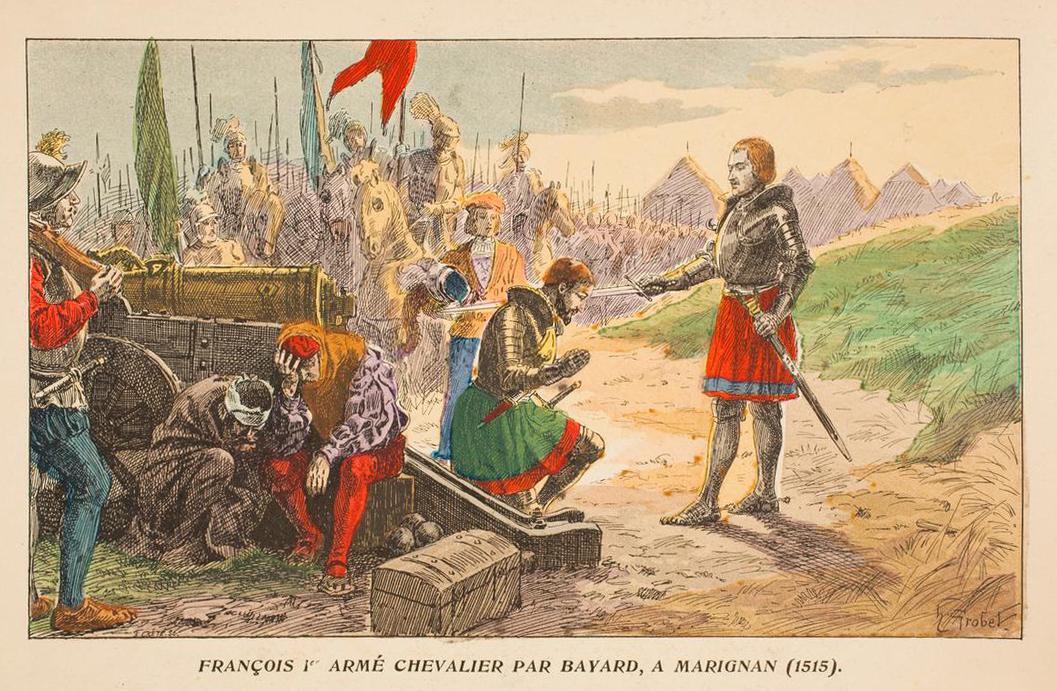
More
Swiss divided over legacy of 1515 battle
Beyond Swiss borders, it is widely believed that Swiss statehood was a result of military resistance to the rise of the Habsburg dynasty. However, this theory has nothing to do with reality. In the early Middle Ages, a certain territorial or administrative unit could only survive politically and economically if it was protected by supreme authorities, in this case the Holy Roman Empire. But being an inhospitable mountainous European region, Switzerland could not hope for patronage or military support from the Empire as it had nothing to offer in return.
The future cantons had no other choice than to join forces and defend and support each other for the lack of external protection from the Empire.
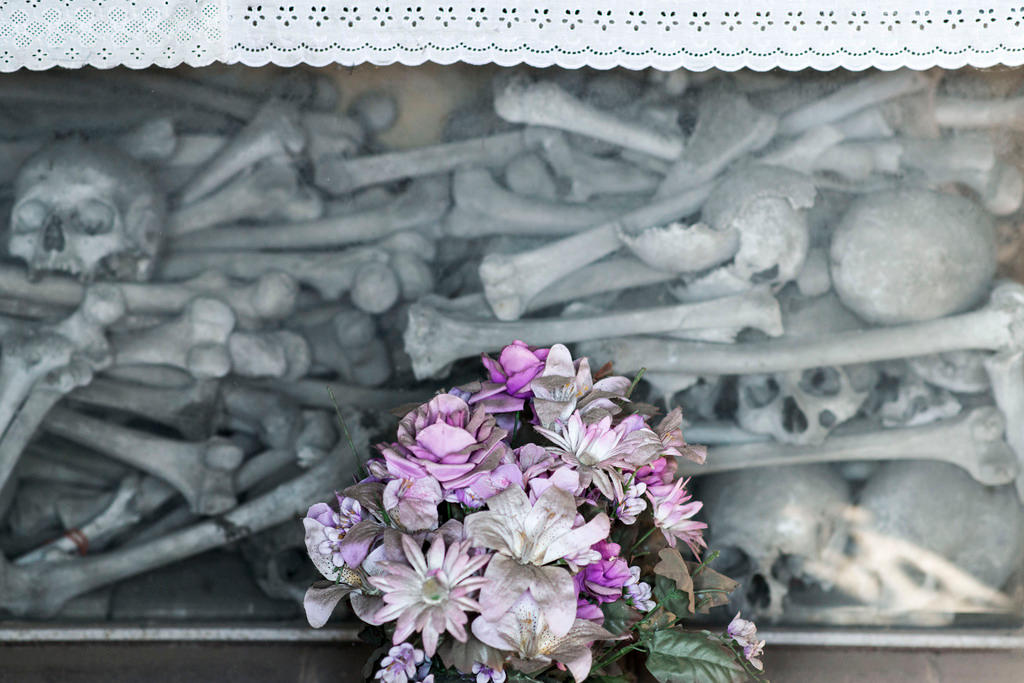
More
A successful model of neutrality
Expanding abroad in the 15th century
The regions in central Switzerland as well as the canton of Bern, which historians often described as “Swiss Prussia”, were at the core of the crystallisation of the confederation.
As the cantons formed a defensive as well as an economic alliance, Switzerland expanded beyond German-speaking Europe. It conquered regions on the northern French-speaking shore of Lake Geneva and clashed with the Grand Duchy of Burgundy. Under the leadership of Charles the Bold of Burgundy, it similarly strived to become one of Europe’s great powers at that time.
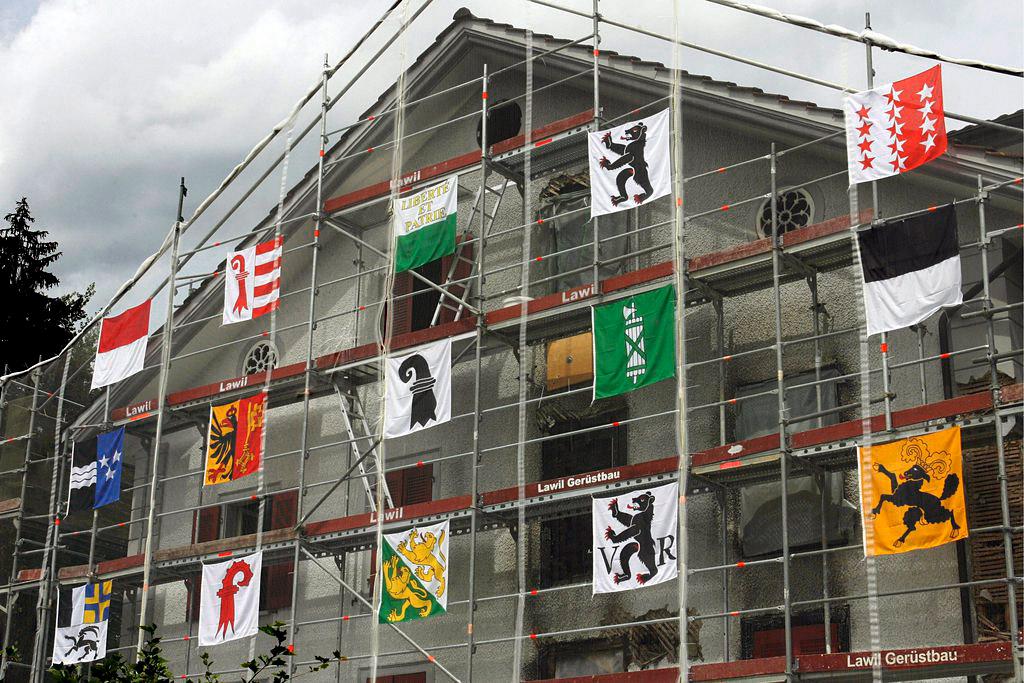
More
Has Switzerland’s 26-canton model had its day?
The Burgundian Wars (1474 – 1477) marked the most important period in Swiss history. After Switzerland’s victory, new regions were conquered and significant funds that formed the base of prosperity and power for Bern as well as the other regions of the Old Swiss Confederacy were gained.
Implosion: the start of the Sonderweg (special path) after the reformation
After 1515, the Reformation triggered permanent religious conflicts in Switzerland, which culminated in the two Wars of Kappel (1529 and 1531) as well as the two Wars of Villmergen (1656 and 1712). In between these two conflicts, a fifth war was waged. The Swiss Peasant War of 1653 was triggered by the end of the Thirty Years’ War when Swiss farmers, who were providing warring Germany with cereals, suddenly went bankrupt.
During these terrible conflicts, Switzerland turned away from the outside world. It focussed on solving its domestic conflicts but still remained an integral part of the western European economy. As the neutral country was busy dealing with its ongoing civil war, it became a political island whose historic development has been following a “special path” ever since.
External governance: Napoleon’s influence around 1800
The next stage of Swiss history is characterised by the introduction of a kind of external governance in Switzerland. The fate of the country was first determined by Napoleon and later by the European powers during the Congress of Vienna. This period is considered one of the most unpopular chapters in Swiss national history. The Swiss do not like to admit that all necessary political and social reforms were only introduced after French revolutionary troops invaded in 1798.
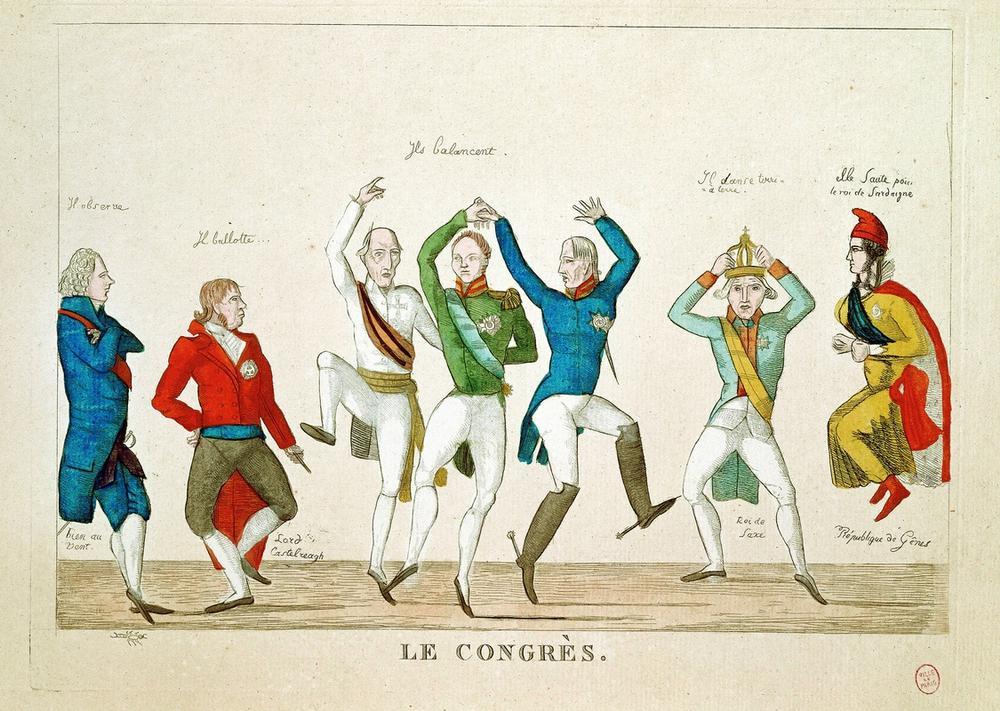
More
The day Switzerland became neutral
This means that Switzerland owes quite a few of its achievements to the French: equality of all before the law; equal rights for rural and urban citizens; equality of all cantons and the abolition of dividing them into “original old cantons”, on the one hand, and “colonies”, on the other. The Swiss also don’t like to mention that the creation of neutral post-Napoleon Switzerland needed the permission of the European powers during the Congress of Vienna in 1815.
Slow civil war in the 19th century
The Congress of Vienna was followed by a second permanent and slow civil war that lasted for about 20 years. In 1847, this war reached its peak with the so-called “Sonderbund War” against the Catholic church. This war put an end to a series of local political conflicts between the Protestant liberals and Catholic democrats. The Protestants thought that the people should be enlightened and educated in the rational spirit of Protestant ethics and that the creation of a unified state was of utmost importance.
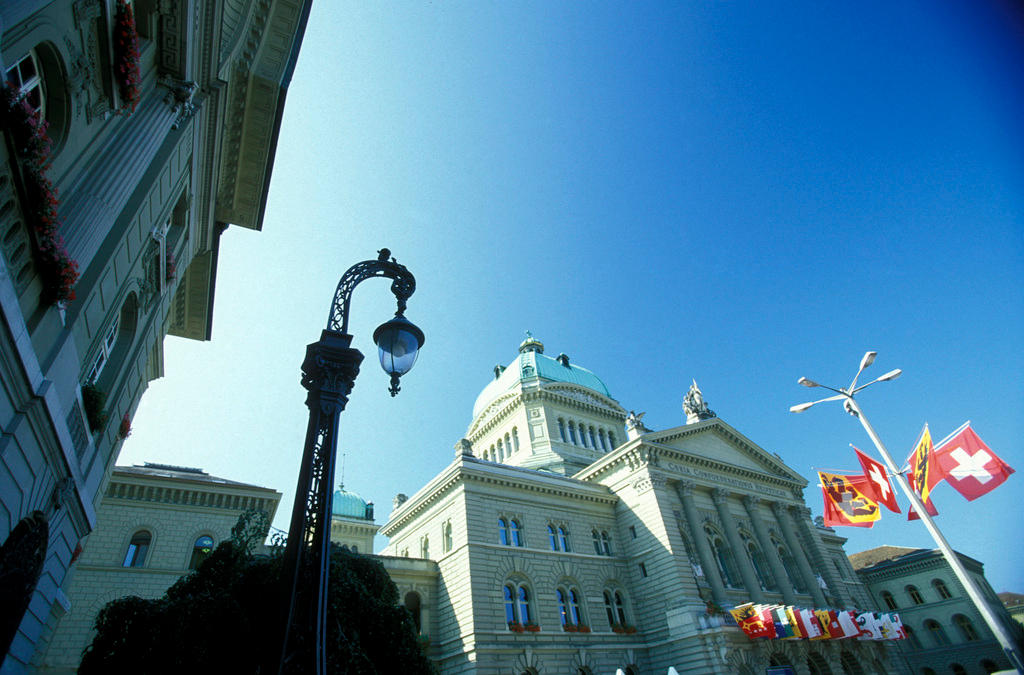
More
Why is Bern the capital of Switzerland?
Catholics believed that people should live as they wanted and should have the freedom to believe in their (Catholic) religion. They stressed the importance of having sovereign cantons. In the end, the Protestants won the “Sonderbund War” and created a new Swiss federal state based on French human rights, German philosophy of the rule of law and English utilitarianism.
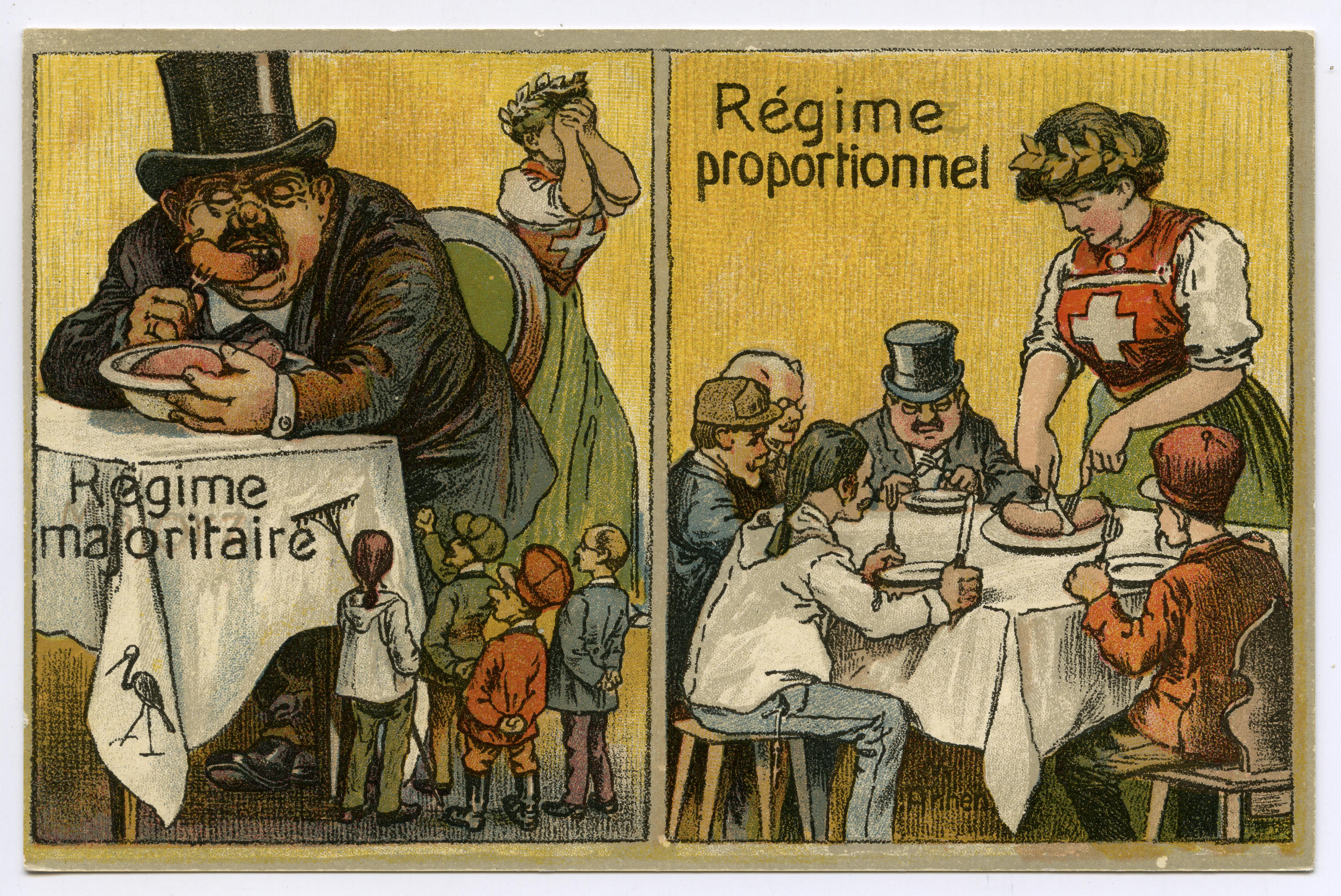
More
The road to proportional representation in Switzerland
1848 marked the beginning of a new stage characterised by a high standard of living which has continued to this day. This consistent historic development has lasted for more than 170 years without any dramatic breaks – a phenomenon that has no analogies in the history of Europe.
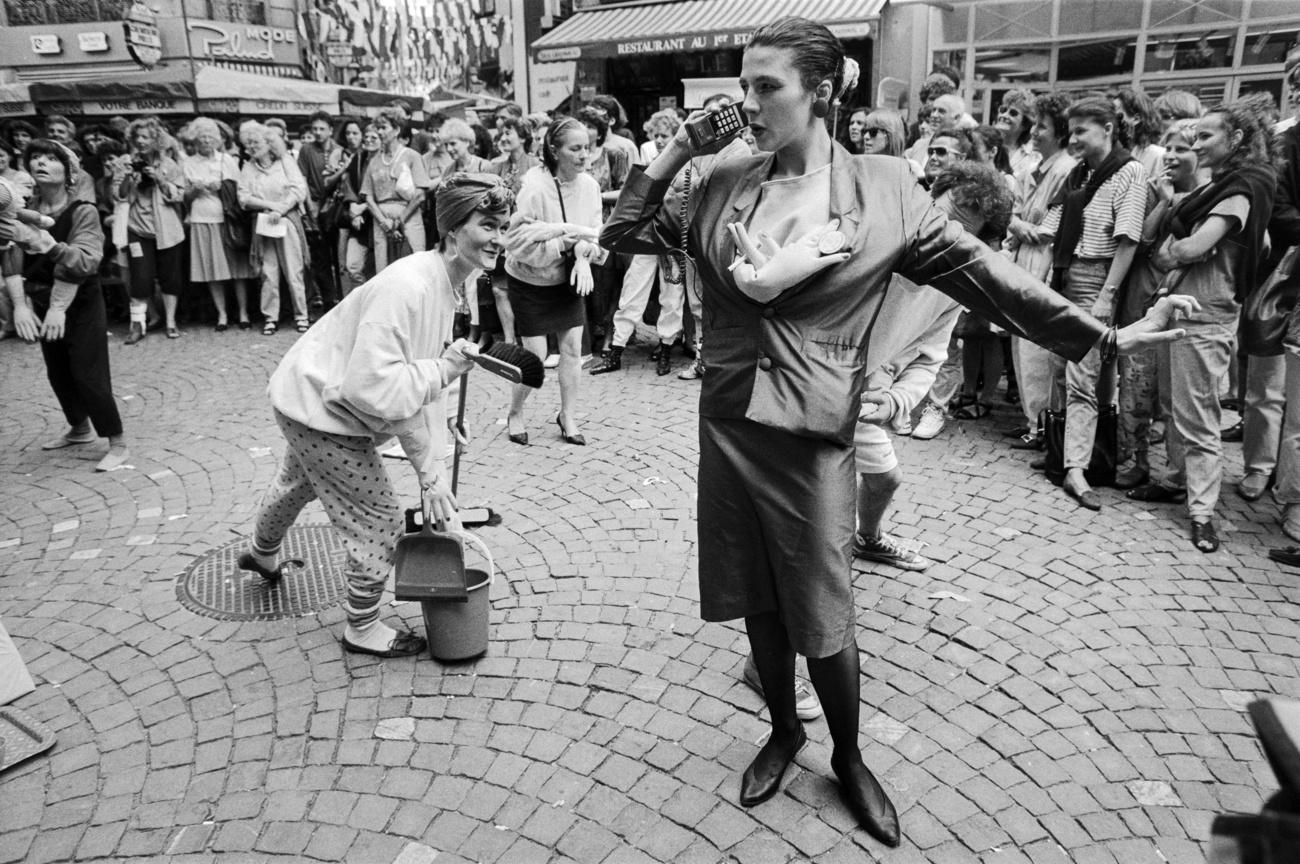
More
Why Swiss women are back on strike today

In compliance with the JTI standards
More: SWI swissinfo.ch certified by the Journalism Trust Initiative









